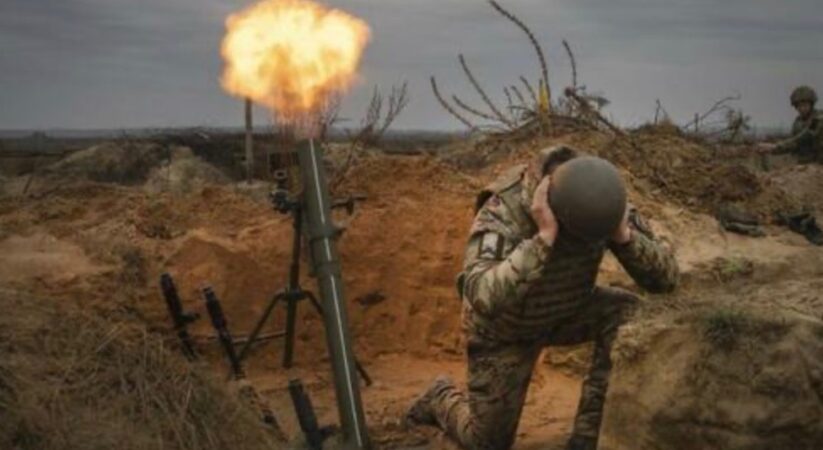As a way to create jobs, EC President Charles Michel promotes a war economy.
Where that would lead is obvious. I suggest putting Michel on the front line with Senator Lindsey Graham.
Michel’s Rosy War Economy
Eurointelligence discusses Michel’s Rosy War Economy
What Michel wants concretely is EU targets to buy twice as much weapons from European defence producers by 2030; to use the profits from Russian frozen assets to finance weapons purchases for Ukraine; to facilitate financial access for European defence industry, including by issuing a European defence bond and getting the European Investment Bank to add defence purposes to its lending criteria. Michel sells it to us as a way to create jobs and growth. It is to provide more clarity to companies with multi-annual defence contracts to increase their capacities. And by investing in defence industry, the EU is boosting its technology and innovation, a confident Michel reassures us.
What Michel talks about is not a European Union we recognise any more – nor one that would work in practice. Perhaps that will be Vladimir Putin’s greatest triumph that he changed the DNA of our union.
The attempt to base economic integration and economic stimulus on defence creates precedents. If we build up a defence industry, we need conflicts to feed them. Beyond Ukraine, will we do the same for Georgia? Would we want our economy to depend on wars in Africa to prop up our GDP growth data? If the US decides to retreat, does that mean we need to pick up where the US left?
Michel wants a geopolitical Europe, and finishes his letter with the familiar cold war phrase that if you want peace you need to prepare for war. This is not a cold war but a hot war in Ukraine. Are those weapons in Michel’s war economy to speak for our failures in diplomacy? What is our historic contribution to this conflict? Should we not start from there?
The language Michel uses is dramatic and dangerous. Some of our older citizens still remember what it means to live in a war economy. Michel’s loose talk is disrespectful. And it is insincere to suggest that we need a war economy to help Ukraine. He focusses on the bright side of this war, the solidarity the EU shows with Ukraine and the economic growth that could come from an increasingly thriving defence economy. Michel is deliberately ignoring the dark side of this war, with the many tough life-and-death decisions to be taken. Just look at Israel to see where this has gone.
Is Michel acting alone, or is he building a case for leaders like Emmanuel Macron or the next European parliament? Macron recently talked about European troops in Ukraine and a defence union. We think this loose and un-coordinated talk is careless. It gives rise to fear narratives that the public is not in the position to judge within a rational framework. It does not solve the more fundamental disagreements amongst European countries either. Then there is the European Parliament which is expected to swing further to the right after the elections in June. We have to resist the temptation to reduce our policy options to defence-only. Europe will need to a lot more, in terms of diplomacy especially, to become a geopolitical player in its own right.





